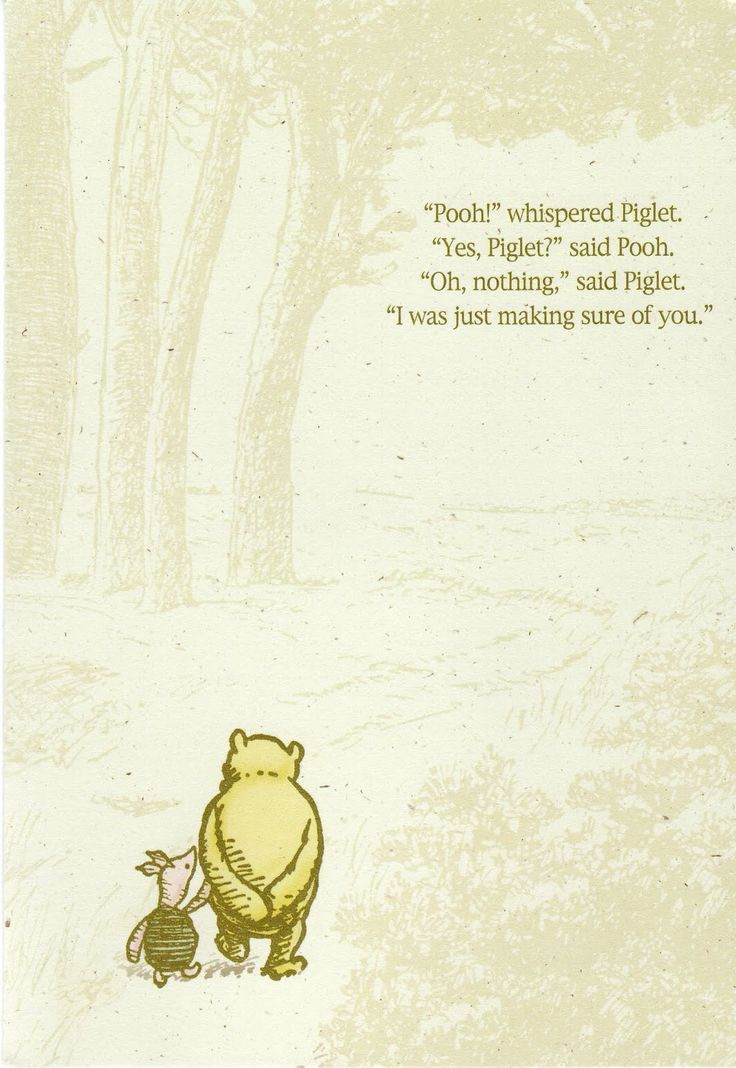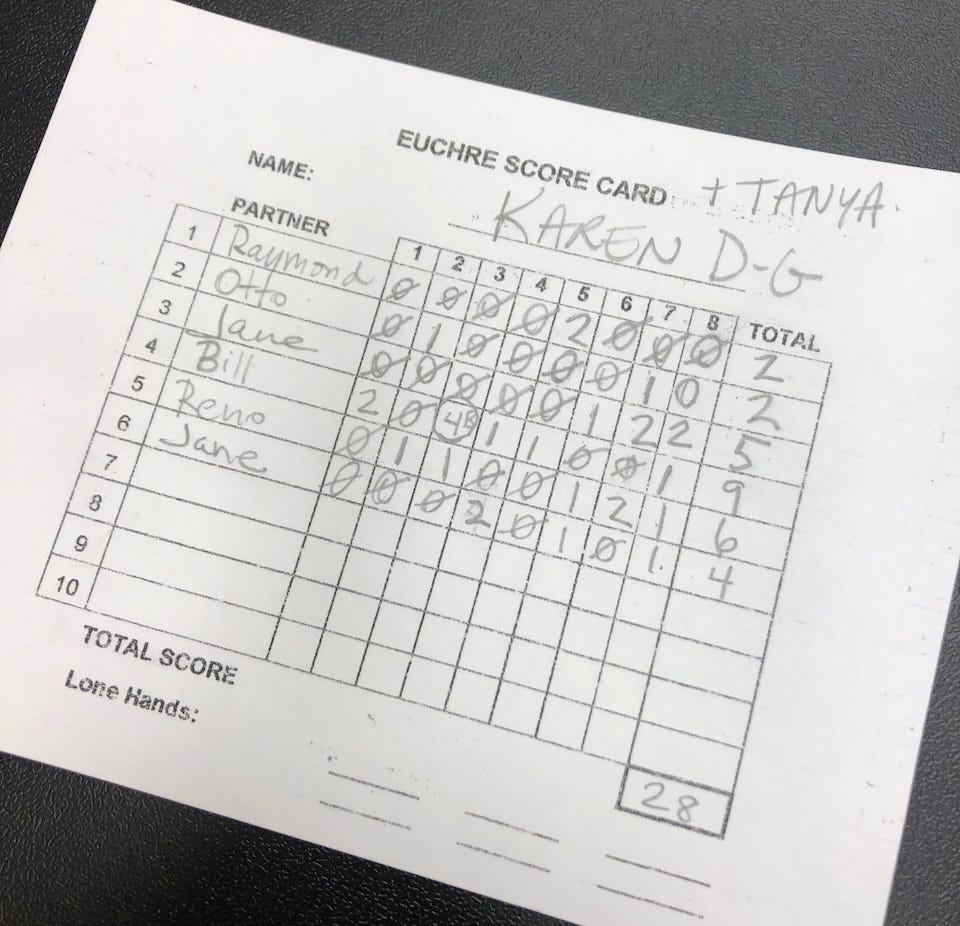Friends across the great (political) divide
Answering a reader question about building friendships across political differences
Dear Tanya,
In this era of identity politics and fragmentation via social media, how can we build new friendships across political differences and still keep our integrity intact when it comes to social justice and equity?
Signed,
Reclusive in a #RedState
Dear Reclusive,
Thank you so much for your question. I hear your desire to connect and also to be able to show up authentically in your friendships. One of the joys of friendship can be the ability to let your guard down and share references, experiences, and ways of thinking. Friendships can also push us to grow and grow. So having very different views on things can be thought-provoking and delightful (and sometimes annoying).
When approaching friendship across political differences, we can either acknowledge and embrace them or let them live under the surface.
A variety of friends
As I often discuss in Platonic Romance, friendship can satisfy many needs. Not every friendship has to be a deep, reveal all secrets, BFF relationship. It may be that your deep-heart friendships, where you do the core self-discovery work, are with people who share your passion for social justice and who don’t live in your area.
Your in-person, local, politically diverse friendships could be more of the lets-do-fun-things-together friendships. It can be easier to avoid hot-button topics if you’re mostly together to cook, craft, dance, or play games. I found that swing dancing was a perfect way to connect with people without having long conversations with them. I’m not saying to sweep all challenging topics under the rug, but maybe they aren’t frequent discussion topics in that friendship.
It might be helpful to make a list of why you want to form these friendships – maybe it’s for the in-person community, to know your neighbours well enough to ask for help, to do some joint activity or hobby, or because you want someone to hang out with on the weekend. When confronted with an interaction that clashes with your ideology, recalling these goals can help remind you why you’re putting time in with these friends.
There will likely be times that something you disagree with or that feels hurtful is mentioned in the group. If you’re not ready to dive into a full-on debate about it, but you don’t want to feel complicit in the joke or hurtful comment, you can say something like, “I have a different view on that, and I am grateful that we can still be friends despite this difference.”
The radical act of connecting
If you do build deep friendships across the political divide, recognize that it will be a radical act in this time of polarization, and it’ll be a lot of work. It will probably also be incredibly rewarding. My close friend and I have different views on cosmetic surgery. We’ve had some heated debates about it in the past. Now, we reference the debate without going into our points again. If friends are about helping us see ourselves more clearly (like I discussed last month), then even hearing the opposite opinion can help us clarify our own thinking.
Know that it may take time to build trust in the friendship to let your guard down and have them listen to your point of view. It’s okay not to reveal all of yourself when it’s not safe or when the relationship hasn’t earned it yet. It used to be that if someone on the plane asked me a question, I’d give a full and honest account of my life story or whatever. Afterwards, I questioned why I gave so much to that passing conversation. I later learned that I could give a broad and general answer in passing interactions and save my more heartfelt and revealing answers for relationships I was trying to deepen or where I already knew I was loved.
I recommend reading the Pursuing Authenticity chapter in Dr. Marisa Franco’s book, Platonic. In that chapter, she lays out some questions for deciding whether to remain friends with someone of privilege (like someone of the political majority in your state would be) who acts in problematic ways. Asking, for example, do I view the benefits of the friendship as outweighing the harm? And, Is there something I can do to make this friendship less harmful?” (pg 171)
No one wants to feel like their friend is trying to change them. I wouldn’t want to hang out with someone who sees me as someone to fix. Engaging in conversation from a place of genuine curiosity rather than fixing can be a more friendly way to approach even deep divides. Everyone is growing and changing, slowly and over time, through our interactions with others. Being your authentic self around others will open them to another worldview.
Friendship TV & Books
I just watched the new A League of Their Own on Amazon Prime. It got a few excellent friend storylines - supporting one another, breaking up, saying goodbye, and coming out, Plus, ladies playing baseball!
Have you read Winnie-the-Pooh lately? The friendship between Pooh and Piglet is just about the sweetest thing! I recommend the audiobook performed by Peter Dennis.
Yay Friends Moment of the Month
My Unitarian congregation has a monthly euchre night, and I’ve been learning how to play. It’s a trick-taking card game, similar to bridge but simpler, played with four players. Last month, Karen let me share her hand, and she didn’t even complain when I dragged down our score so that we were in last place in the tournament. What a friend!
Want some friendship advice?
Send your friendship questions to cothran.tanya@gmail.com, and I may feature them in an upcoming post!






